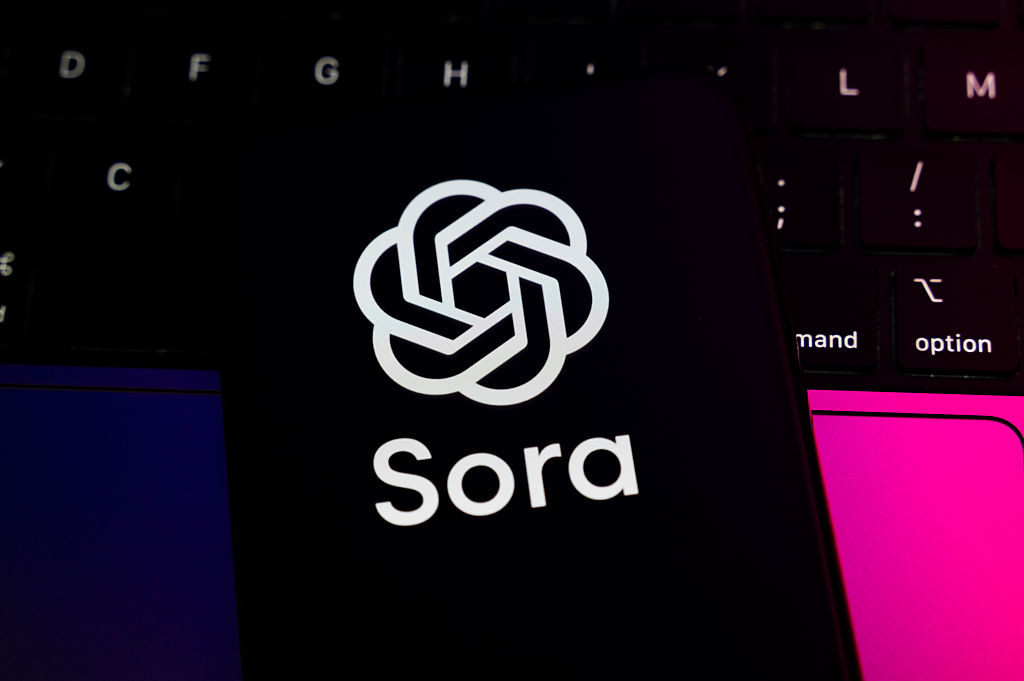OpenAI announced Sora will add granular opt in copyright controls enabling rights holders to set per character and usage permissions. The change points toward licensed AI content creation, Content ID for AI style rights management, and new creator monetization paths.

OpenAI announced on October 4, 2025 that its video app Sora will include granular opt in copyright controls that let rights holders set detailed permissions on how characters and other intellectual property are used. The move responds to legal and industry pressure over generative media and raises a core question for businesses and creators: can platform level licensing and rights holder AI permissions become the industry standard for generative video?
Generative AI tools accelerate content creation while amplifying conflicts over copyrighted characters, film and TV imagery, and other creative assets. Studios, performers, and writers say large models can reproduce or mimic protected works without consent or compensation. Regulators and courts in multiple jurisdictions are scrutinizing model training and how outputs reuse existing IP. The result is a growing push for technical systems that enable AI content rights management and clearer pathways for generative AI licensing.
In TechCrunch coverage Sam Altman described Sora's forthcoming controls as granular, with the ability to set per character rules and usage limits. The announcement highlights three practical moves:
Analysts see the change as OpenAI moving toward negotiated licensing, a form of generative AI licensing that resembles existing content rights approaches. If effective, Sora could act as a template for platforms that want to reduce litigation and regulatory friction. This approach also creates new opportunities for AI video monetization and creator monetization by turning some free for all uses into licensed services.
Implementing per character and per use rules at scale is technically and administratively complex. Content matching systems must be accurate, fast, and transparent to earn rights holder trust. Important unknowns include how fair use and parody will be handled, how disputes will be adjudicated, and whether small creators will have access to affordable remedies. Observers are also watching how Sora aligns with AI Act compliance and other regional rules that require more accountability from platforms.
The Sora change reflects a broader trend as major AI platforms increase engagement with rights holders. Content ID for AI style tools offer a familiar model for enforcement, but offering controls alone will not end disputes. Implementation details will matter, including how matches are determined, how rights holder AI permissions are registered and enforced, and how pricing and dispute processes are structured. The recent Sora copyright reversal and the 72 hour policy change that prompted this update underline the commercial and legal pressure on platforms to evolve quickly.
OpenAI’s decision to add granular opt in copyright controls to Sora is a notable shift toward licensed AI content and automated rights management. If Sora’s controls work well and scale, other platforms may follow, making negotiated licenses and explicit owner consent a standard part of the generative AI ecosystem. Businesses, creators, and legal teams should pay attention to matching accuracy, dispute resolution, registration of rights holder AI permissions, and pricing models, because those details will determine whether the approach reduces friction or simply moves disputes into new channels.
For creators and rights holders exploring Sora, prepare workflows for requesting permissions, consider how AI video monetization might fit existing business models, and monitor developments in AI policy and digital replica consent rules to protect talent and brands.



